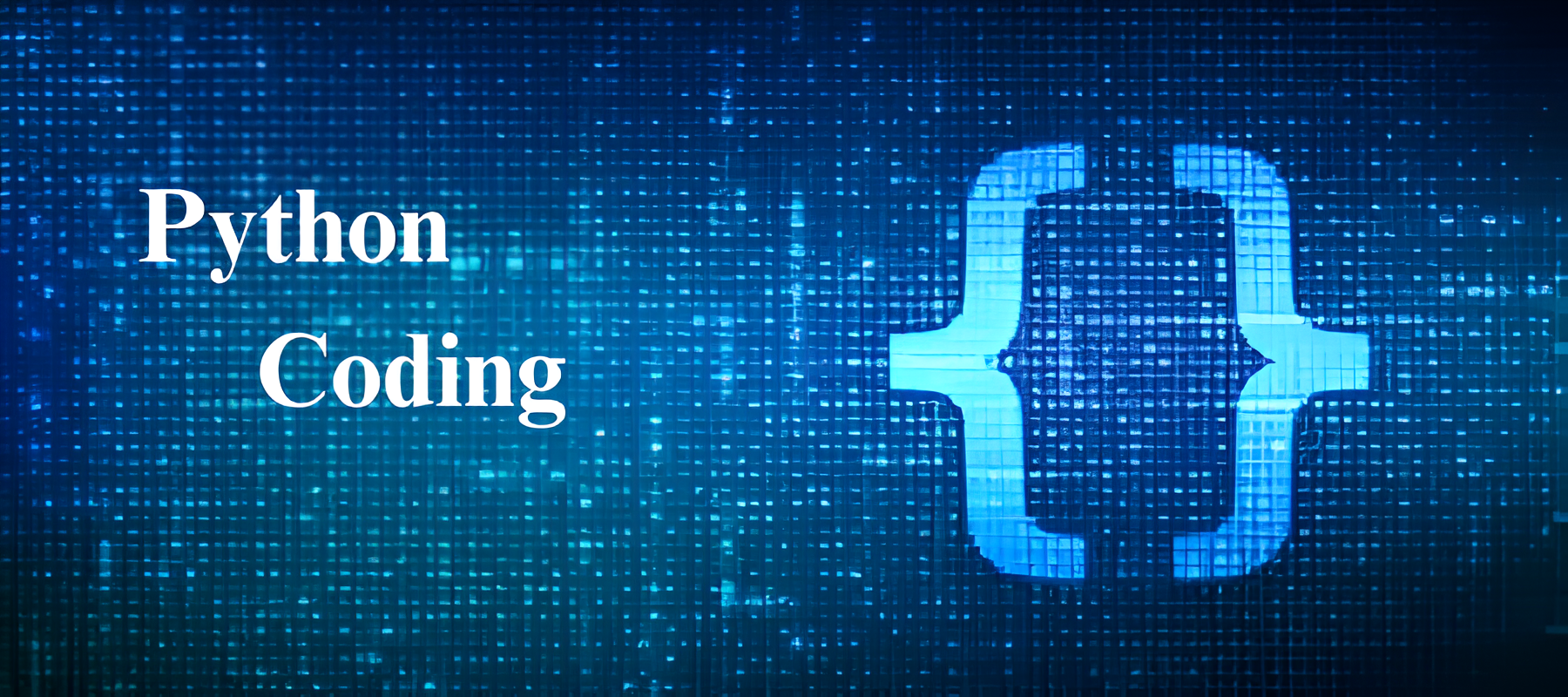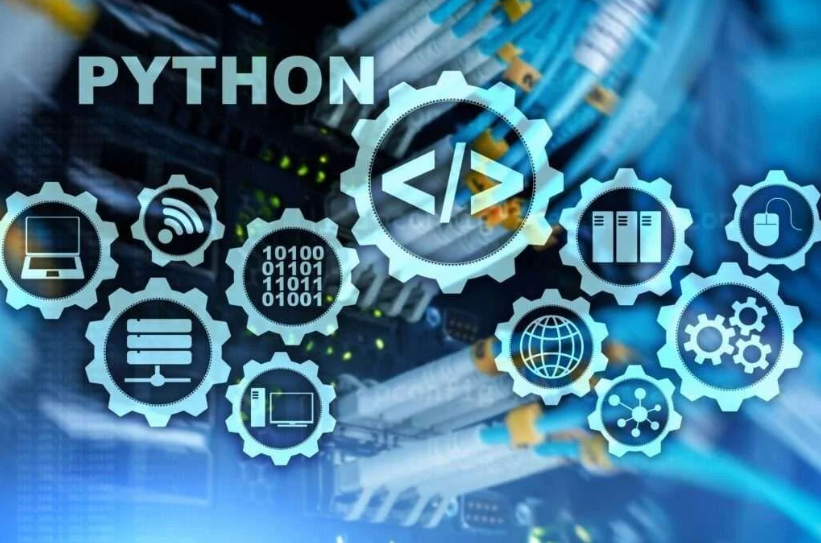


Python prioritizes readability with its clean and intuitive syntax, which uses indentation to define code structure. This approach enhances code clarity and maintainability, making it easier for developers to understand, review, and collaborate on projects.
Python supports multiple programming paradigms, enhancing flexibility for developers. When combined with specialized tools like MATLAB simulation, it enables comprehensive technical solutions, ideal for engineering, scientific computing, and advanced algorithm development.
Python offers a vast array of libraries and frameworks, such as NumPy, pandas, and TensorFlow. These resources provide pre-built functions and tools, accelerating development and simplifying complex tasks across diverse applications.
Python’s simple, intuitive syntax and clear structure make it highly accessible to beginners and experienced developers. Our Python coding Help supports learners in mastering its readability and design, enabling a smooth transition into programming concepts with expert guidance.
Python employs dynamic typing, allowing variables to be assigned without explicit type declarations. This feature enhances flexibility and ease of use but requires careful management to prevent type-related errors and ensure code stability.
Python is designed to run seamlessly across various operating systems, including Windows, macOS, and Linux. This cross-platform compatibility ensures that code can be developed and executed consistently regardless of the underlying system.
Python is an interpreted language, meaning code is executed line-by-line by the interpreter rather than being compiled into machine code. This approach facilitates debugging and interactive testing but may affect execution speed.
Python boasts a large and active community of developers and enthusiasts. This extensive network provides a wealth of resources, including forums, tutorials, and documentation, ensuring robust support and continuous improvement of the language.
A: Python is a versatile language used for web development, data analysis, machine learning, automation, scripting, and more. Its simplicity and extensive libraries make it ideal for a wide range of applications.
A: Python is known for its straightforward syntax and readability, making it one of the easiest programming languages to learn. Beginners often find it accessible due to its clear structure and extensive documentation.
A: Key features of Python include readability, flexibility, extensive libraries, dynamic typing, ease of learning, cross-platform compatibility, and its status as an interpreted language. These features make it suitable for diverse programming tasks.
A: Popular Python libraries include NumPy for numerical computations, pandas for data manipulation, Matplotlib for data visualization, and TensorFlow and scikit-learn for machine learning. These libraries simplify complex tasks and enhance productivity.
A: Python uses automatic memory management through its built-in garbage collector. This process automatically reclaims memory by identifying and removing objects that are no longer in use, reducing the risk of memory leaks.
A: Yes, Python is widely used in web development. Frameworks such as Django and Flask provide robust tools for building scalable and secure web applications, making Python a popular choice among web developers.
A: Absolutely. Python excels in data analysis with libraries like pandas, NumPy, and SciPy, which provide powerful tools for data manipulation, statistical analysis, and visualization, making it a preferred language for data scientists.
A: Python’s limitations include slower execution speed compared to compiled languages like C++ and Java, as well as less optimal performance for memory-intensive tasks. However, it remains popular due to its ease of use and flexibility.
A: To start coding in Python, install the Python interpreter from the official website, choose an integrated development environment (IDE) like PyCharm or VS Code, and begin writing code. Numerous online tutorials and courses are available for beginners.
A: Python plays a significant role in machine learning, thanks to its rich ecosystem of libraries like TensorFlow, Keras, and scikit-learn. These tools simplify the implementation of machine learning algorithms and models, making Python a leading choice for AI projects.